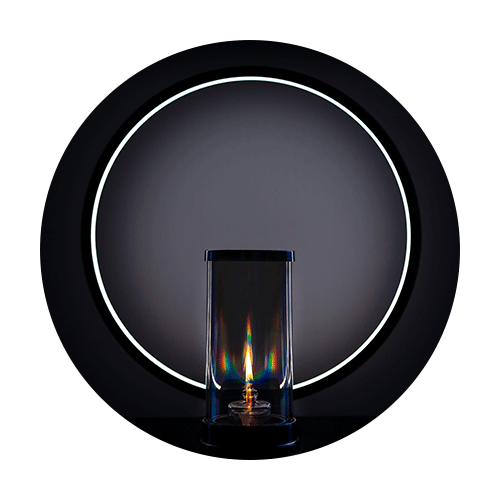Currency
GBP - British Pound
Language  Retail
Retail
 Retail
RetailHemp is one of the world’s oldest crops. It also happens to be one of the most versatile.
From plastics to paper, the hemp plant provides a way to live in harmony with the environment and the ecosystems that support it.
The widespread use of industrial hemp could result in numerous environmental benefits, including but not limited to: (1) less reliance on fossil fuels, especially from foreign sources; (2) more efficient use of energy; (3) less long-term atmospheric build-up of carbon dioxide; (4) forest conservation; (5) agricultural pesticide use reduction; (6) dioxin and other pollution reduction; and (7) landfill use reduction. Hemp is superior to many other plants for many uses. Present limitations on the use of industrial hemp are economically, environmentally and socially irrational.
Just to give you an idea of how far this plant can take us, here are some amazing ways hemp can be a game-changer for planet Earth.


Hemp is one of the world’s oldest crops. It also happens to be one of the most versatile.
From plastics to paper, the hemp plant provides a way to live in harmony with the environment and the ecosystems that support it.
The widespread use of industrial hemp could result in numerous environmental benefits, including but not limited to: (1) less reliance on fossil fuels, especially from foreign sources; (2) more efficient use of energy; (3) less long-term atmospheric build-up of carbon dioxide; (4) forest conservation; (5) agricultural pesticide use reduction; (6) dioxin and other pollution reduction; and (7) landfill use reduction. Hemp is superior to many other plants for many uses. Present limitations on the use of industrial hemp are economically, environmentally and socially irrational.
Just to give you an idea of how far this plant can take us, here are some amazing ways hemp can be a game-changer for planet Earth.
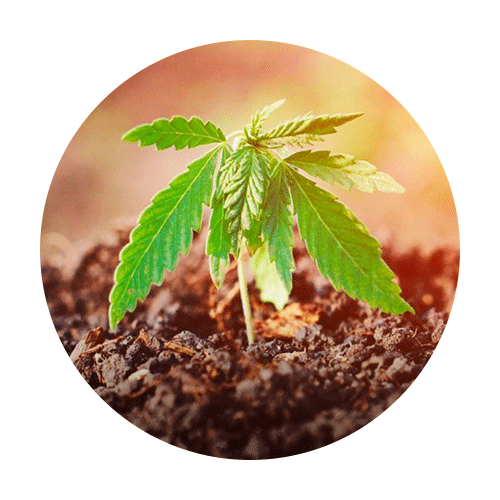
Hemp can grow in a wide variety of terrains and soil types. It forms deep roots helping to hold the soil together. This in turn prevents soil erosion.
In fact, hemp also increases the microbial content of the soil. And the incredible benefits don’t end there.
The stem and leaves of the hemp plant are rich in nutrients. After harvesting, these nutrient-dense remnants of the hemp plant can be returned to the soil, rejuvenating it for a richer yield the following year.
Farmers who practise sustainable farming techniques know the importance of rotating crops by season. Not only does it keep the soil nutrient-rich, but it also increases the overall yield.
Hemp happens to be an ideal plant for crop rotation. It enriches the soil while also removing toxins. Growing hemp helps keep the soil and air more habitable for years to come.



Deforestation is increasing across the globe at alarming rates. Scientists now believe the rate of deforestation equates to a loss of 48 football fields every minute.
Within 100 years, it is estimated there will be no rainforests. The United States has less than 5% of the world’s population but consumes more than one-third of the world’s paper.
But there is hope.
Hemp can easily replace trees as the source of raw material for wood and paper. One acre of hemp can produce as much paper annually as four acres of trees.
While trees take years to mature, hemp can be grown and rapidly reproduced within months. Hemp paper is also more durable than paper produced from trees.
In other words, this is a no-brainer – transitioning to hemp could literally save our trees, and ultimately, our planet.
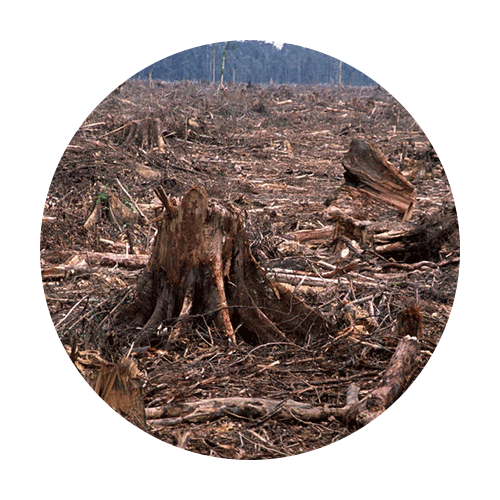

Deforestation is increasing across the globe at alarming rates. Scientists now believe the rate of deforestation equates to a loss of 48 football fields every minute.
Within 100 years, it is estimated there will be no rainforests. The United States has less than 5% of the world’s population but consumes more than one-third of the world’s paper.
But there is hope.
Hemp can easily replace trees as the source of raw material for wood and paper. One acre of hemp can produce as much paper annually as four acres of trees.
While trees take years to mature, hemp can be grown and rapidly reproduced within months. Hemp paper is also more durable than paper produced from trees.
In other words, this is a no-brainer – transitioning to hemp could literally save our trees, and ultimately, our planet.
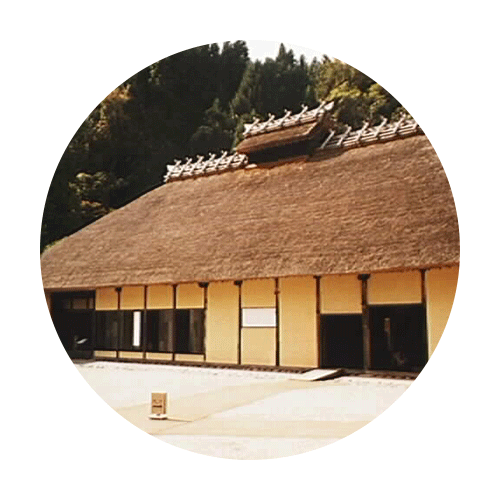
Around 795 million people are undernourished globally. In developing countries (where 92 per cent of children live) 30 out of every 100 will experience stunted growth due to a lack of nutrition.
Now, imagine if hemp were in the picture. Not only is hemp inexpensive, but it can also be grown almost anywhere. In fact, hemp seeds are considered to be one of the most nutritionally dense food sources on this planet. A complete protein – hemp seeds supply the body with amino acids, vitamins, and much more!
In addition, hemp seeds can also produce two vital food products – oil and flour. So not only is hemp nutritionally rich but also versatile.
Cultivating hemp as a staple crop could change people’s lives for the better worldwide, especially if you consider the vast number of people that could not only be fed but also nourished by this superfood.
Humankind has been cultivating hemp for thousands of years. Some anthropologists even believe hemp was the first agricultural crop domesticated by humans over twelve thousand years ago.
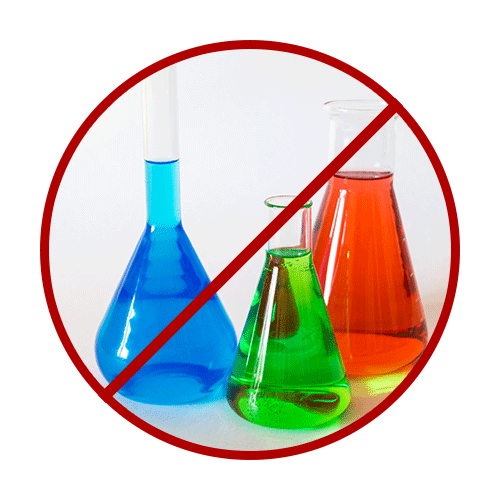
The woody hemp plant is low in moisture; it dries quickly and is an efficient biomass source of methanol. The waste products produced by using hemp oil are a good source of ethanol. Both methanol and ethanol are produced from hemp through the efficient and economical process of thermo-chemical conversion.
One acre of hemp yields 1,000 gallons or 3,785 litres of fuel. Hemp allows a lesser reliance on fossil fuels, which are non-renewable sources of energy and will not be able to meet the increasing global demands for long.
When burning hemp as a fuel, carbon dioxide is released into the air, but this is absorbed by the next crop, which can be harvested 120 days after planting. This quick growth avoids the build-up of carbon dioxide. Also, hemp is a very leafy plant and thus contributes a high level of oxygen to the atmosphere during its growth; between 20 and 40%. This makes up for the loss of oxygen when it is burnt as a fuel, which in turn, reduces unwanted effects of global warming, acid rain and the depletion in the ozone layer on the environment.
The use of the hemp plant can extend into every aspect of our lives – including our homes.
Fiberboards made from a hemp-based composite are stronger and lighter than those made from wood. Not to mention the combination of hemp and lime (hempcrete) results in a soundproofing system and insulation superior to that of concrete.
Hemp homes are also shown to have incredible durability. One hemp home in Japan is estimated to be over 300 years old!
Perhaps, even more, astonishing, hemp homes also provide a healthier living environment. Unlike fibreglass or drywall, hempcrete is nontoxic and mould-resistant.
If we’re smart about this, hemp homes will be the future of green living.
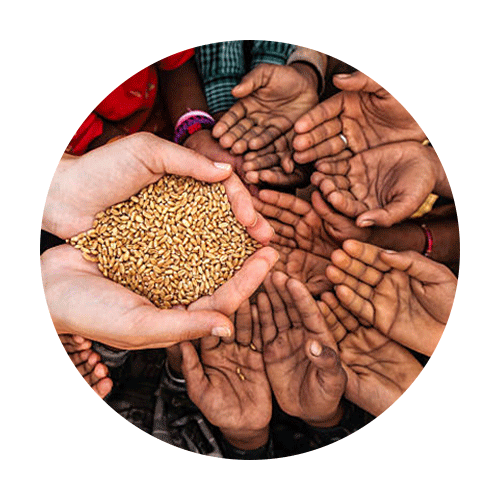
Did you know the majority of synthetic fibres we use today are manufactured from polymer-based petrochemical materials (AKA highly toxic materials)?
Producing these synthetic materials requires an energy-intensive process, burning large amounts of gas, coal, or crude oil.
If that wasn’t enough, this type of manufacturing process releases toxic emissions into the air while also leaving toxic residues within the fibres. Not exactly a pleasant notion.
Yet, this problem can be avoided by switching to hemp. Hemp fibres are easily removed from the plant and can create clothing with zero chemical residue. Hemp is also a highly durable fabric and UV resistant.
